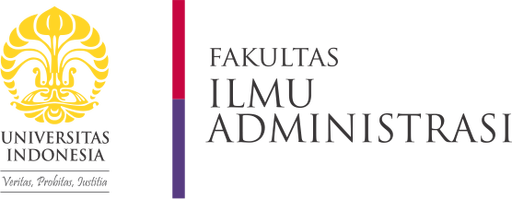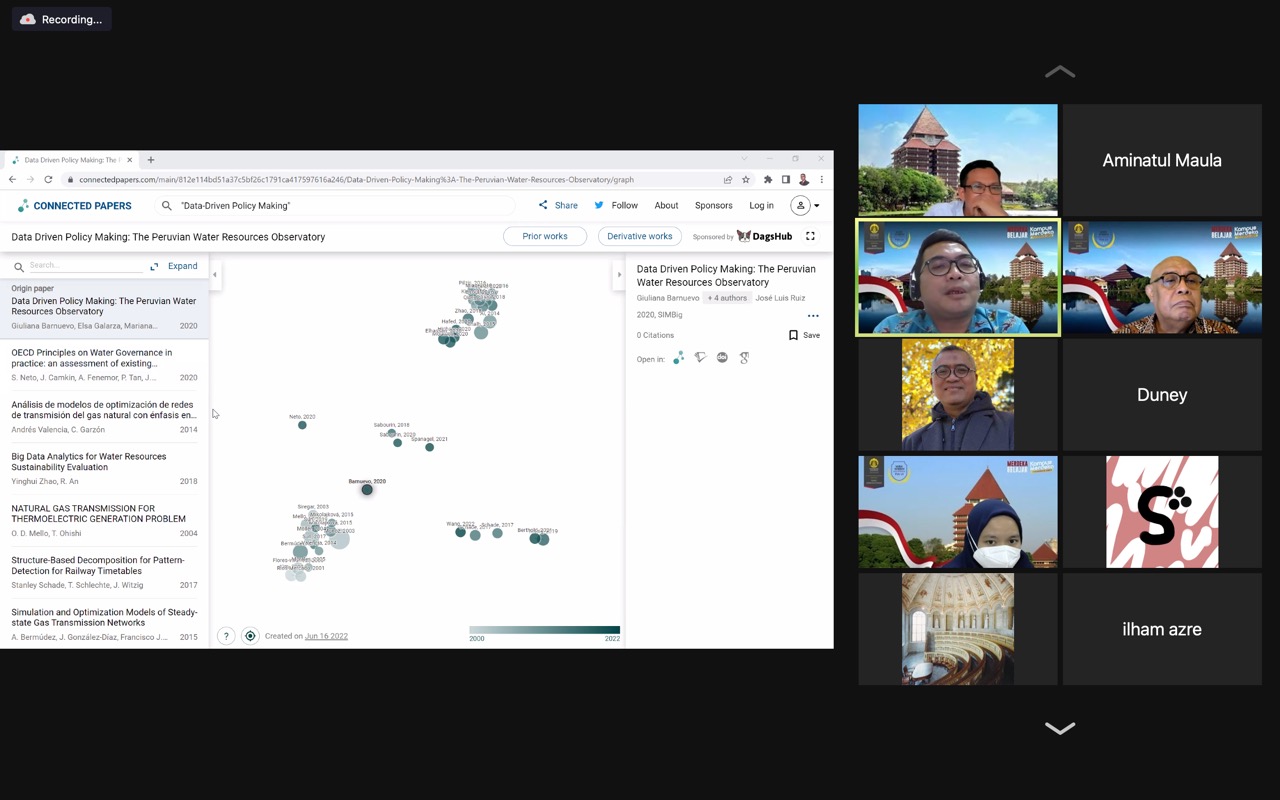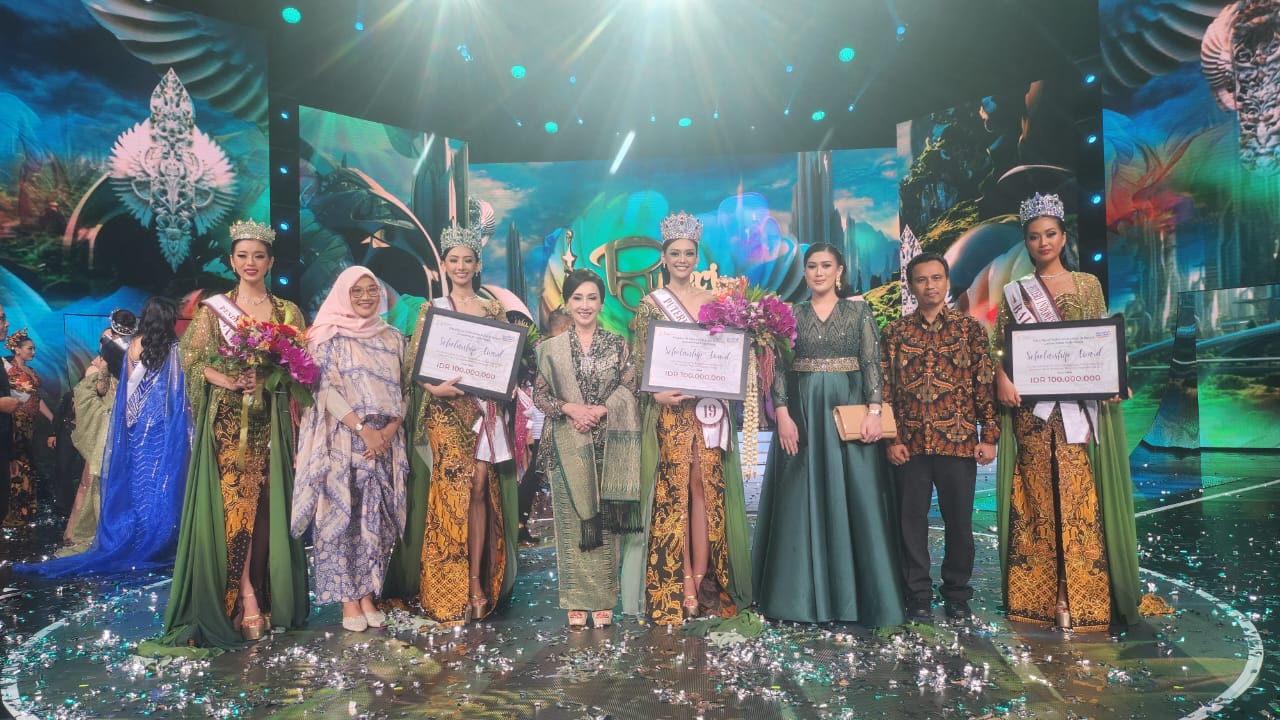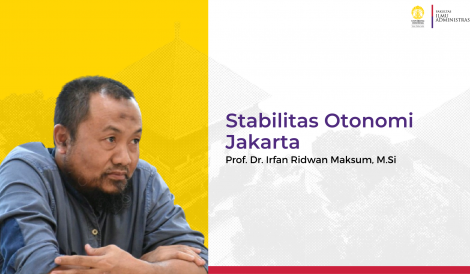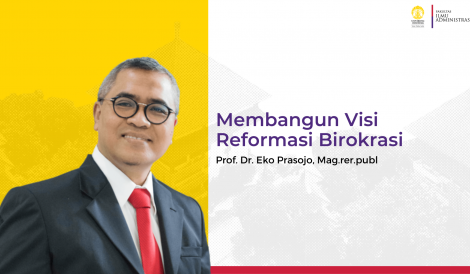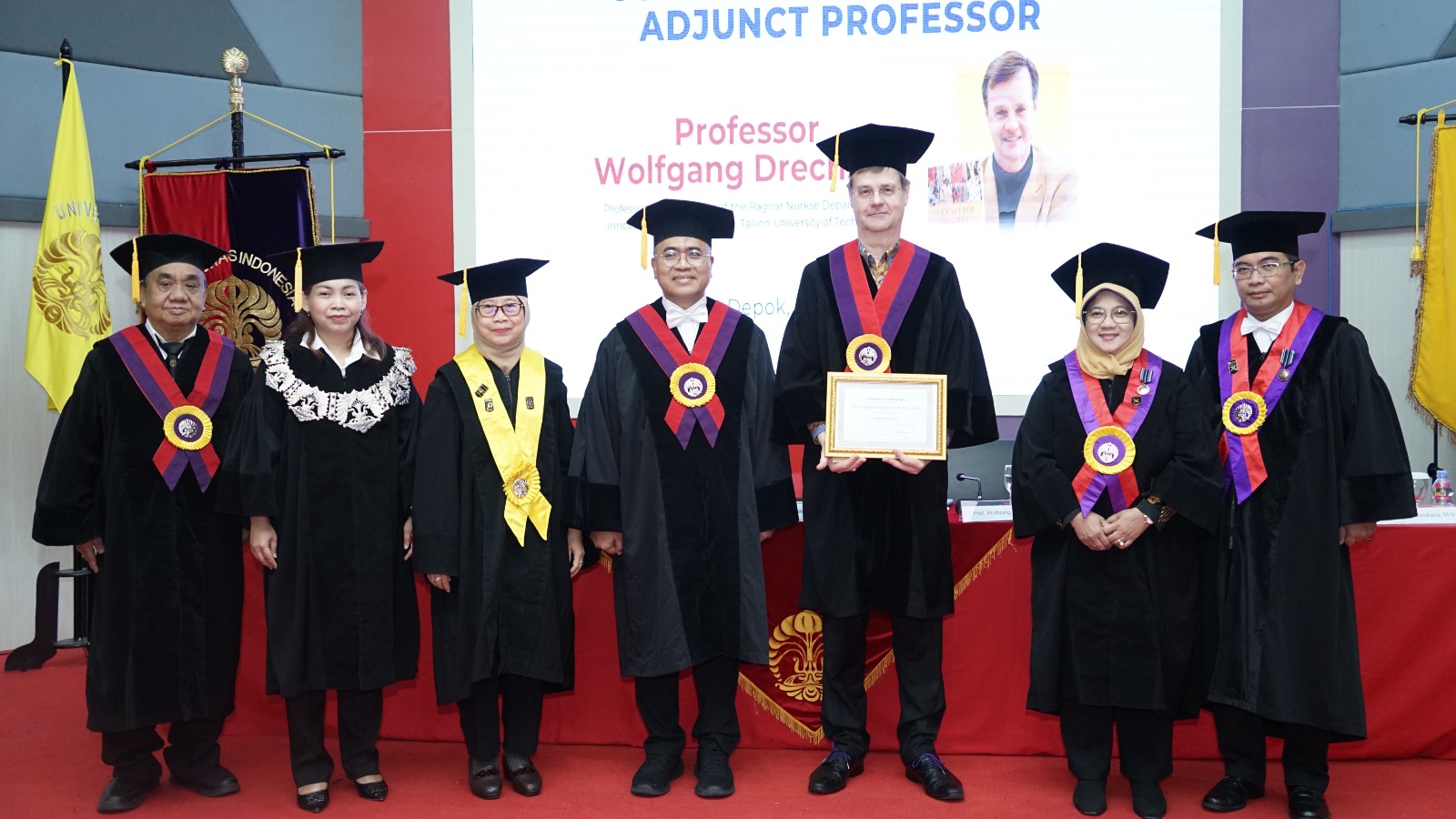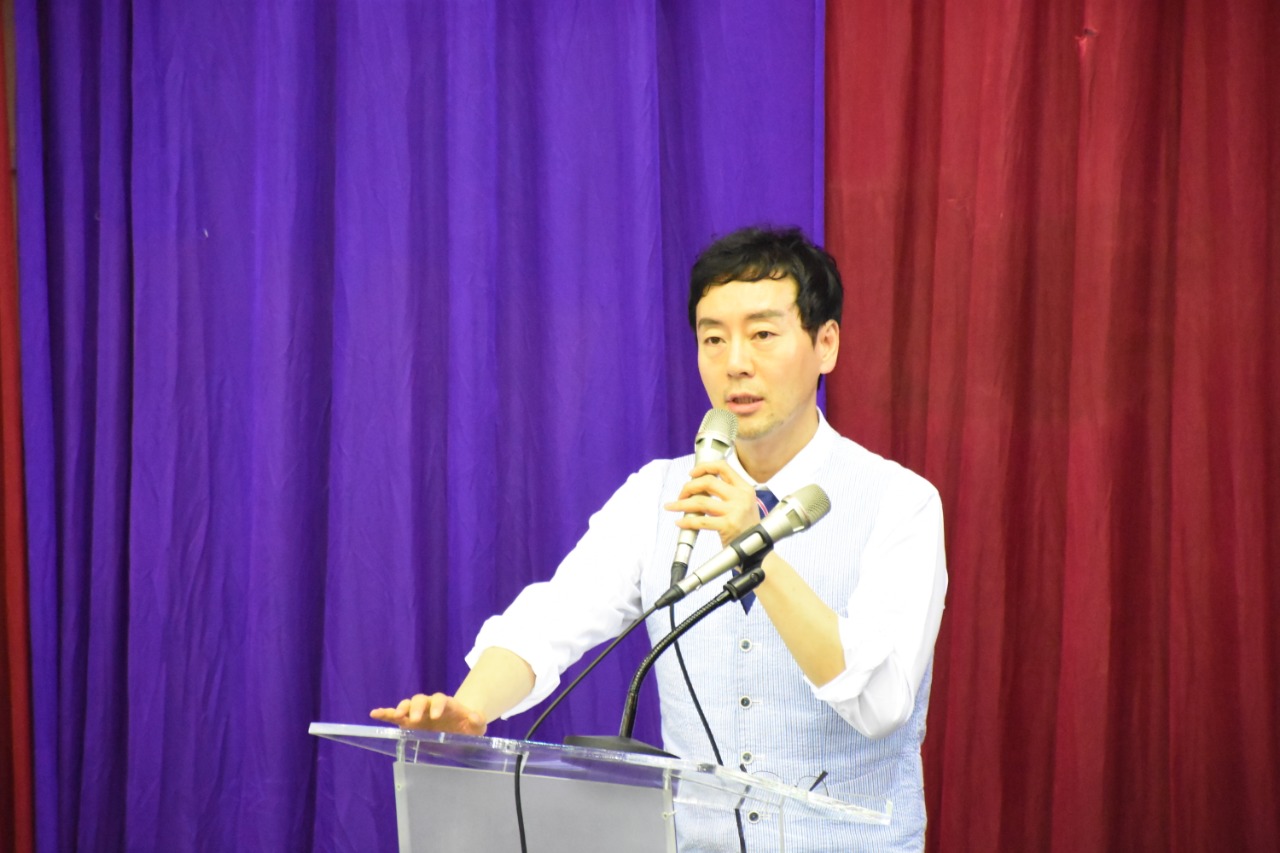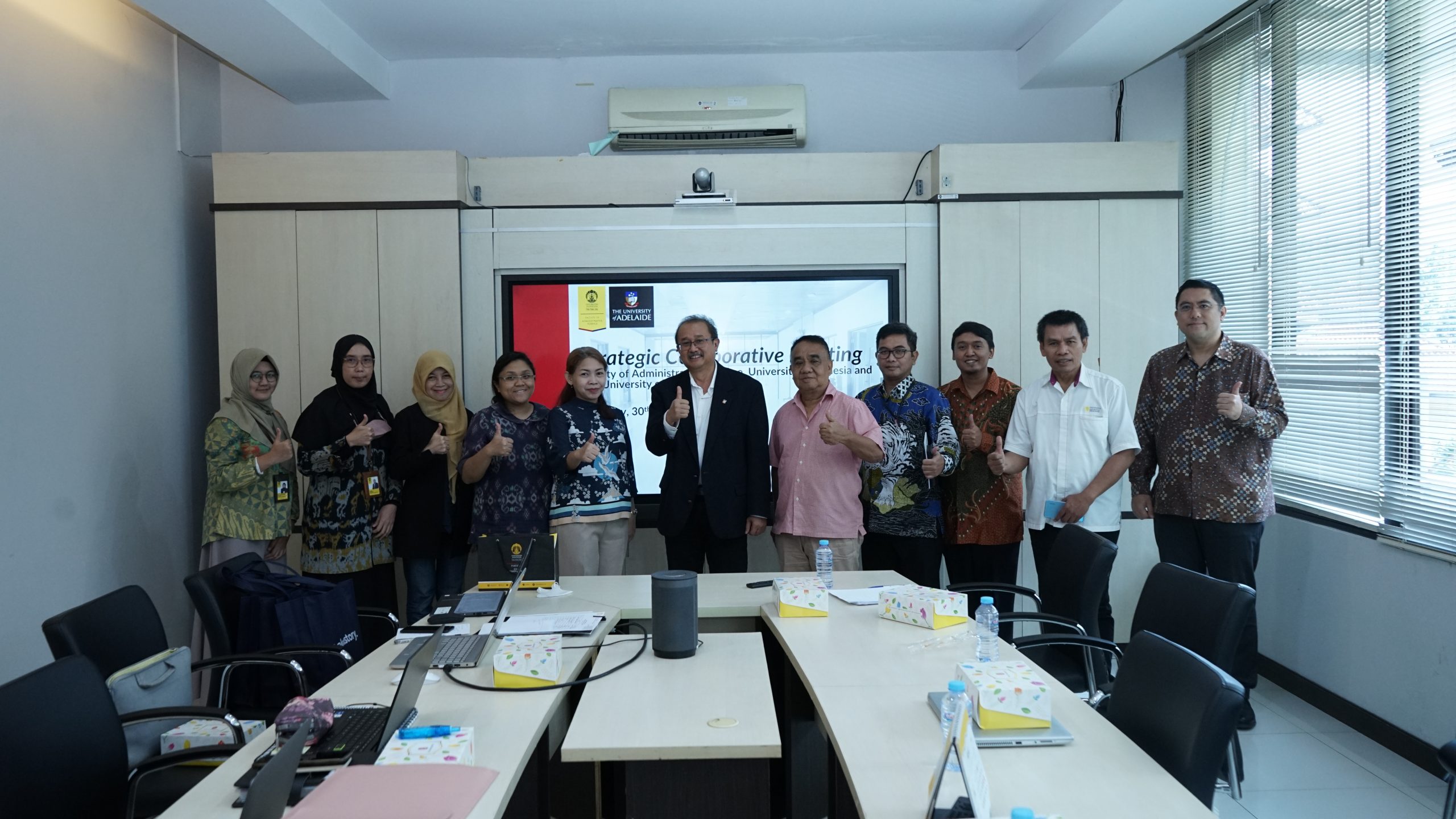The 3rd series of PGAR Doctoral Colloquium activities were again held fully online on Thursday (16/6/2022) afternoon. This colloquium activity was organized by the FIA UI Policy, Governance, and Administrative Reform (PGAR) Research Cluster by giving presentation opportunities to FIA UI doctoral program students named Rusfi Yunairi.
This event was moderated by Fajar Wardhani and started with documentation of the event followed by an opening by Prof. Dr. Eko Prasojo, Mag.rer.publ as Head of Research Cluster Policy, Governance, and Administrative Reform (PGAR) Faculty of Administrative Sciences, University of Indonesia (FIA UI)
“This Colloquium is a forum for sharing research proposals that will be submitted by doctoral candidates. As we know the development of digital technology affects the policy cycle because many things can traditionally be changed or exceeded using technology. So this will affect the content of policy and the policy making process itself,” said Prof. Eko.
Then, Mr. Rusfi presented the results of his dissertation entitled “The Role of Data-Driven Policymaking on the Dynamics of the Policy Cycle. Case: Artificial-Intelligence Policy Advisor (AIFA) on Regional Financial Policy” by presenting the background of his research.
“The policy cycle as a theoretical framework is not applied and/or difficult to apply in the policy process itself. Then came a paradigm shift with the existence of digital governance which changed the work patterns of policy makers and business workers. Then, there is also the influence of data driven policy making, which is supported by the rapid development of information technology,” he explained.
He also said that the policy cycle with sequential, linear, segmented character is not in line with the dynamic character of the digital era, thus making it more distant from real world practice. The question that will be answered in this research is how the application of data driven policy making affects the cycle and quality of public policy in the digital era.
Then Rusfi explained the research objectives, theoretical benefits of research, and practical benefits of research. After that, he also explained about the literature review used to support research consisting of Evidence-Based Policy (EBP) and Data-Driven Policymaking (DDP) as well as previous research that was used as a reference.
“For the theoretical review, the dynamics of the policy cycle in the digital era consist of 4 scientific groups, namely digital policy science, public policy, policy processes, data-drive policymaking. The method used is a sequential mixed method to answer research questions where the research location is at the Directorate General of Fiscal Balance, the Ministry of Finance and one provincial government,” explained Rusfi.
The reviewers provided input and improvements on several things, namely simplification of the title, clarifying the meaning of the cycle in the background of the research, strengthening the literature review and theory developed by the researcher, to the technical writing of the dissertation.
In closing, the reviewers, promoters, and co-promoters give encouragement to researchers to continue to develop research by paying attention to criticism from reviewers. Prayers and best wishes so that the doctoral student dissertation proposal can run smoothly until it is finished.
For information, the Heads of Research Clusters, Promoters, Co-Promoters, and Reviewers attended this seminar, namely Prof. Dr. Eko Prasojo, Mag.rer.publ. (PGAR Cluster Leader/ Promoter); Dr. Teguh Kurniawan (Co-Promoter); Dr. Roy Valiant Solomon (Reviewer); Prof. Dr. Erwan Agus Purwanto (Reviewer).
